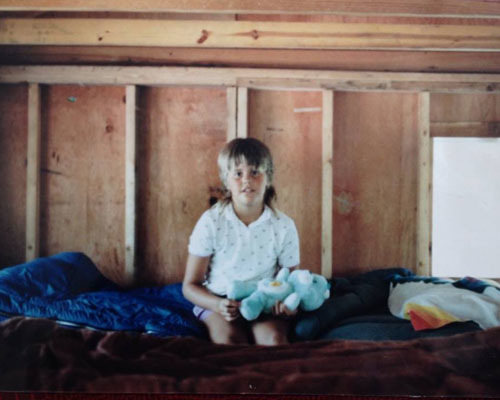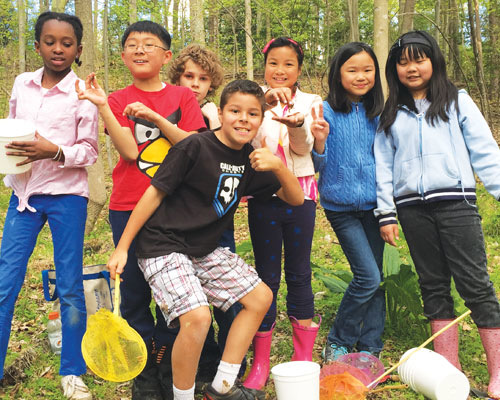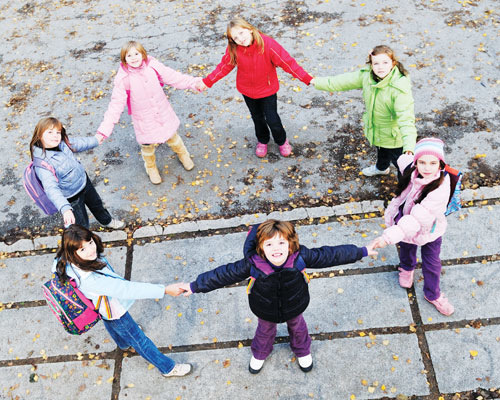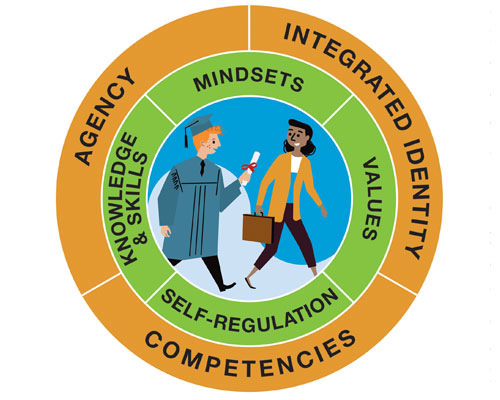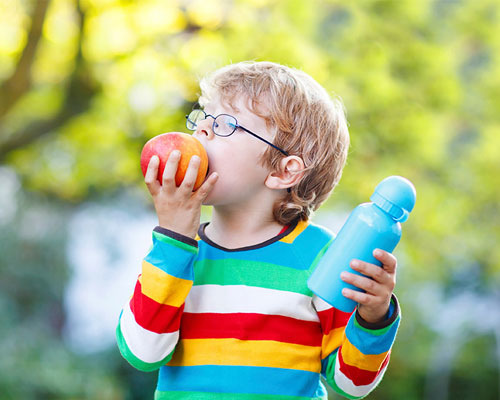Professional Development
NAA publishes fresh, new content every week covering a wide variety of topics related to the field of aftershool. In addition, NAA offers a variety of opportunities for virtual professional development (PD) through meaningful content, conversations and connections. Click here to see full descriptions of virtual PD offerings.
Displaying items by tag: Lisa Stickler
An Ode to Summer Camp
The school-year is ending, and thoughts have turned to summer. When I look back on my time at summer camp, I recall very specific experiences—learning to fold and care for the American flag; hitting my first full canter astride a horse; learning sign language; pouring lye down the outhouse privy; synchronized swimming in the pond; singing silly songs around a campfire; peaceful devotions under a pine tree canopy; maybe even a few preteen crushes.
Earth Day 2016: Ideas for your Program
Twenty million Americans took to streets, parks and auditoriums on April 22, 1970, in an effort to ensure our planet's heath and sustainability. The day marked a rare moment of political alignment as Republicans and Democrats stood together in defense of our environment. On April 22, 2016, the 46th year of this important day will be celebrated. You and your afterschool students could support Earth Day 2016 in a multitude of ways.
Building Social and Emotional Skills Through Relationships
"I've read Paul Tough's book and seen Angela Duckworth's Ted Talk, and I'm sold that these noncognitive skills are important. What my school needs is a way to build those skills, but we also need another program like a hole in the head. What can we do?" These are the candid words of a busy high school principal.
Foundations for Young Adult Success: A Developmental Framework
What are the key characteristics that propel today's youth toward success? How can we as adults foster the development of these important characteristics? Foundations for Young Adult Success: A Developmental Framework, a report by the University of Chicago Consortium on Chicago School Research, addressed these very questions.
The Growing Importance of Afterschool in Rural Communities
Rural communities are diverse areas united by common strengths and struggles. With the support of John Deere, an America After 3PM report, The Growing Importance of Afterschool in Rural Communities, delved into the state of afterschool in rural areas. This special report specifically looked at how the areas' oft-underserved children spend their afterschool hours and how afterschool programs are helping them thrive.
Combating Childhood Obesity Through Afterschool Programing
In the United States, approximately one in three children ages two to 19 is overweight or obese. Organizations such as the Healthy Out-Of-School Time (HOST) Coalition, RTI International (RTI) and the National Afterschool Association (NAA) have implemented standards to promote a healthy lifestyle among our nation's young people.
Afterschool and In-School Educators: A Combined SEL Approach
All educators share a common desire to support the social and emotional development of their students, yet the approaches taken by afterschool and in-school educators when pursuing this goal differ. The American Institute for Research (AIR) has created several briefs addressing how all educators could help students succeed in school, work and life. AIR's most recent brief on this topic suggests ways that afterschool and in-school educators could work together to support the social and emotional development of their student body.
National AfterSchool Association • 2961A Hunter Mill Road, #626 • Oakton, VA 22124 • info@naaweb.org

